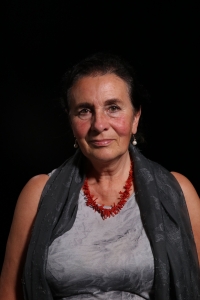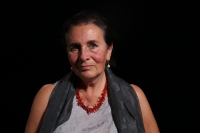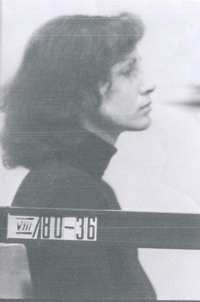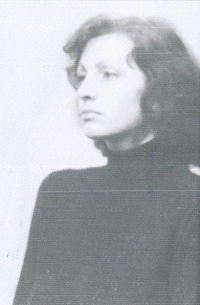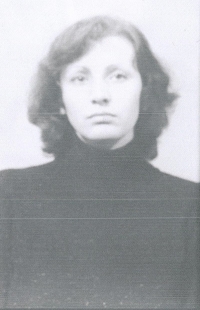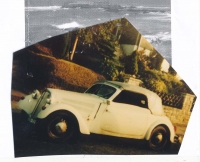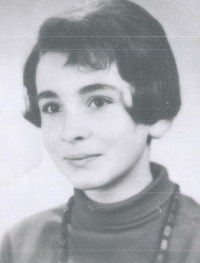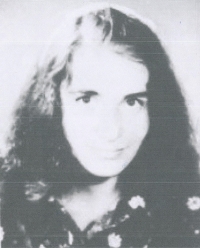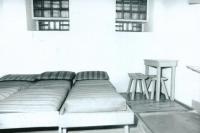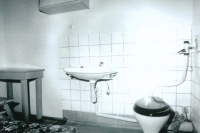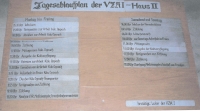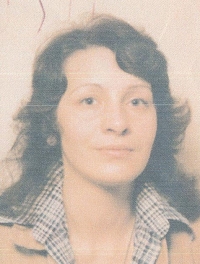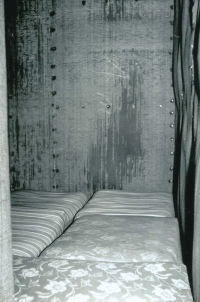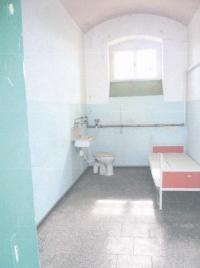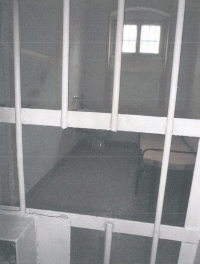Stasi branded me in my childhood and the Czechoslovak border patrol barred my way to freedom.
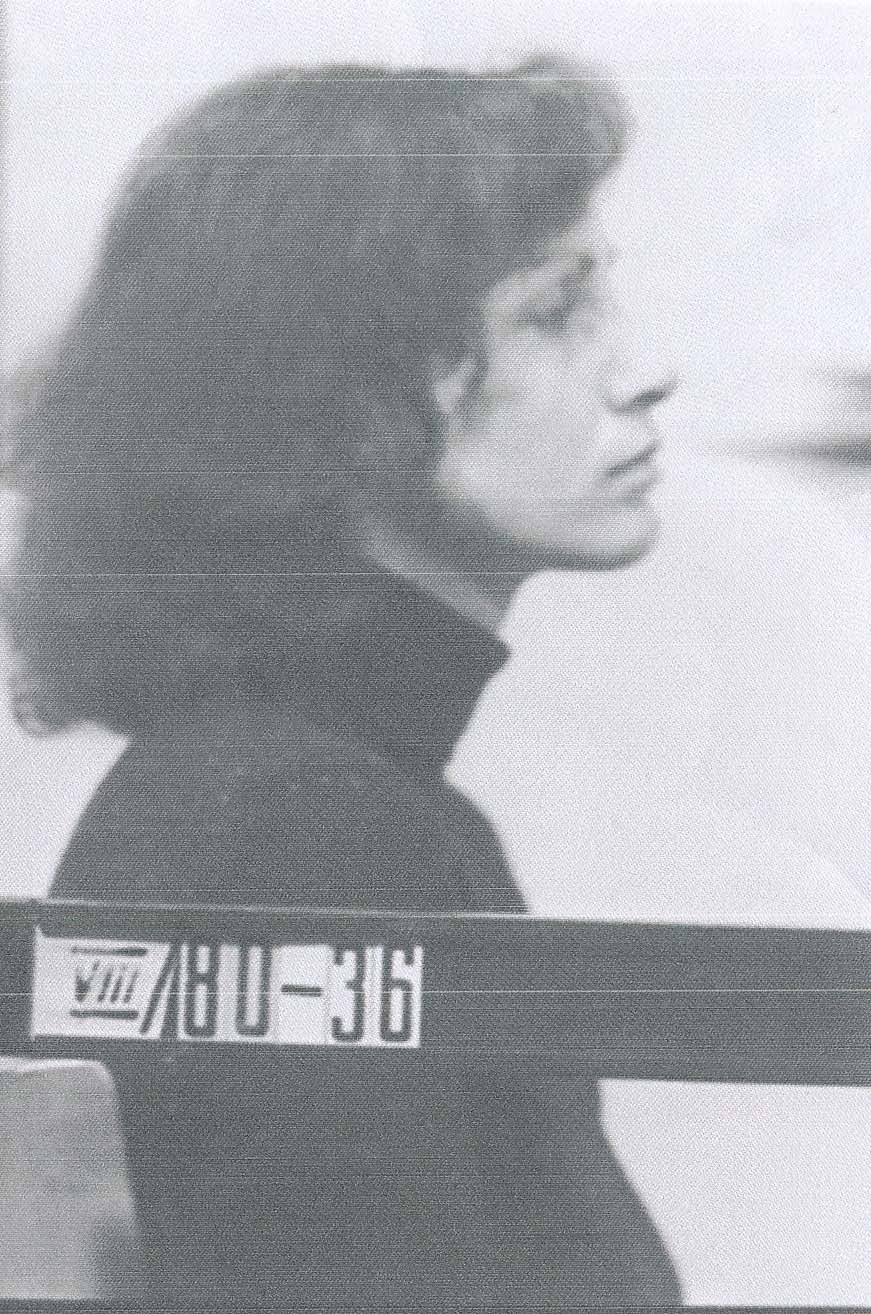
Download image
Angelika Cholewa, née Grassme, was born on the 13th of September in 1955 in Naumburg an der Saale in the German Democratic Republic (East Germany). When she was sixteen, the officers from the secret police, Stasi, contacted her and wanted her to provide information on her schoolmates. In 1980, she and her husband tried to cross the Iron Curtain next to Železná Ruda in the Šumava Mountains [in Czechoslovakia] but they failed. They spent two weeks in prisons in Plzeň-Bory and in Prague and then they were extradited to East Germany. Angelika was sentenced to three years of prison in 1981 and until 1982, she was detained in the special women’s prison in Hoheneck. Then she was sentenced to three and half years more for an attempt to pass information about the conditions in prison. She spent the last months of her prison term in Halle where she was tortured by an intentionally neglected dental treatment until she was feverish and delirious. She was also kept in the special solitary confinement cell called tiger’s cage. In May 1983, she was signed into a programme in which the GDR sold political prisoners to West Germany. In the German Federation (West Germany), Angelika Cholewa studied psychology and worked as a personal advisor. Nowadays, she lives in Naumburg again and she is processing the traumatic experiences of her youth.
